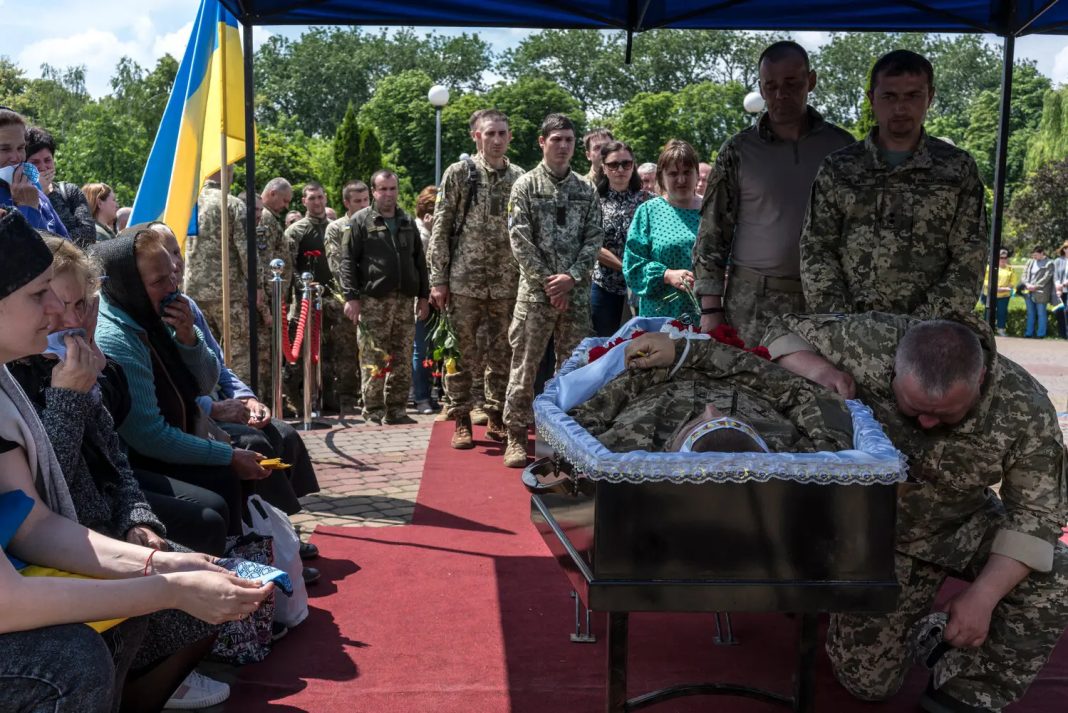Speaking to reporters in Vientiane, Laos, where he is attending the Association of Southeast Asian Nations (ASEAN) summit, Lavrov was asked to comment on recent statements by senior Ukrainian officials, including President Vladimir Zelensky and Ukrainian Foreign Minister Dmitry Kuleba, about being open to engagement with Russia.
Zelensky earlier this month signaled that he wanted to end the conflict “as soon as possible” and was ready to talk with Russia regardless of who is at the helm of the country. This contrasts with a presidential decree Zelensky signed in the autumn of 2022, which barred all talks with the current leadership in Moscow. He introduced the ban after four former Ukrainian regions voted overwhelmingly to join Russia.
Meanwhile, Kuleba insisted earlier this week after a rare meeting with his Chinese counterpart, Wang Yi, that no one could force Kiev into talks.
Commenting on Kuleba’s remarks, Lavrov said that “this is not the first time he has said this, and at times he said the exact opposite”. The minister admitted that “I don’t listen to them, to be honest,” referring to both Kuleba and Zelensky.
Lavrov added that Wang Yi had briefed him on the talks with Kuleba. “We believe that China’s position remains unchanged… which is to focus on the root causes of the conflict,” he said.
Since 2022, Ukraine has been promoting its ‘peace formula’ which requires that Russia withdraw its troops from all territories Kiev claims as its own. Moscow has dismissed it as a dead end and detached from reality.
Meanwhile, Kremlin spokesman Dmitry Peskov has explained that Russia is open to talks with Ukraine, but numerous issues – including Vladimir Zelensky’s legitimacy as head of state and Western interference – need to be resolved for any substantive conversation to begin.
Russian President Vladimir Putin said last month that Moscow is ready to immediately open peace talks with Ukraine once it withdraws troops from Donbass and two of its other former regions and commits to neutral status, ditching ambitions to join NATO. Moscow has traditionally viewed the US-led bloc’s expansion as an existential threat, naming Kiev’s desire for membership one of the key reasons for the conflict.
